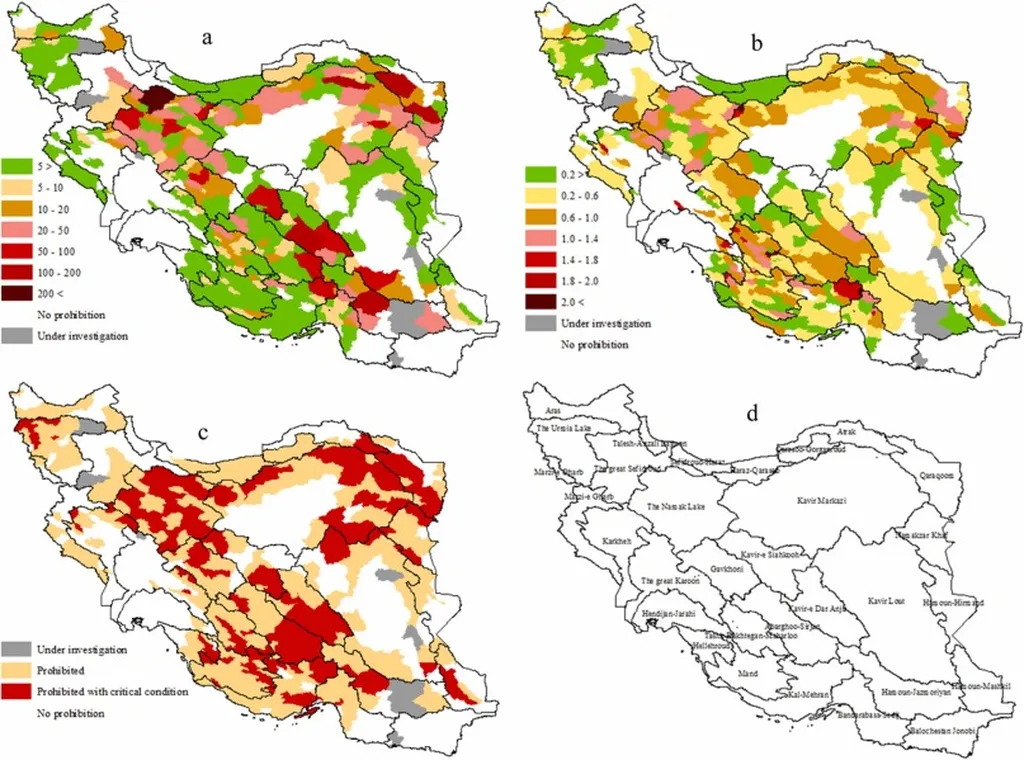In the heart of Iran’s arid and semi-arid landscapes, a critical challenge unfolds: balancing the demands of cereal production with the finite availability of water resources. A recent study, led by Shahla Dehghanpir from the Department of Natural Resources Engineering at the University of Hormozgan, sheds light on this pressing issue, offering a holistic framework for evaluating water security in agricultural systems. Published in the Ain Shams Engineering Journal, which translates to the Journal of Ain Shams Engineering, the research integrates the Water Footprint concept with multiple water scarcity indices to assess the sustainability of wheat, barley, and maize production from 2008 to 2021.
The findings reveal a stark reality: Iran’s cereal production systems are heavily reliant on blue water resources—surface and groundwater—accounting for 73.3% of total water requirements for wheat, 70% for barley, and a substantial 80% for maize. This dependence raises significant concerns, particularly in regions already grappling with extreme water scarcity. “The spatial analysis highlights striking regional disparities,” Dehghanpir explains. “Northern provinces like Guilan experience low water stress, while arid central and eastern regions such as Yazd and Markazi face extreme water scarcity, with water scarcity indices reaching up to 1.90.”
The study’s multi-index framework provides a comprehensive tool for policymakers and agricultural stakeholders to develop targeted water management strategies. By optimizing irrigation efficiency and reducing reliance on unsustainable water sources, the framework aims to enhance agricultural sustainability. “Our findings underscore the need for a shift towards more water-efficient practices, particularly in the cultivation of water-intensive crops like maize,” Dehghanpir notes. “This shift is crucial for mitigating the pressure on Iran’s limited water resources and ensuring long-term agricultural viability.”
The commercial implications for the energy sector are equally significant. As water scarcity intensifies, the energy required for water extraction, treatment, and distribution becomes increasingly critical. Efficient water management practices can reduce energy consumption, lower operational costs, and enhance the overall sustainability of agricultural and energy systems. The study’s holistic approach offers valuable insights for developing integrated water-energy management strategies, fostering a more resilient and sustainable future for both sectors.
This research not only highlights the urgent need for sustainable water management in arid and semi-arid regions but also provides a robust framework for achieving this goal. As the world grapples with the challenges of climate change and resource depletion, the insights from Dehghanpir’s study offer a beacon of hope and a roadmap for action. By embracing these findings, policymakers, agricultural stakeholders, and energy sector professionals can work together to build a more sustainable and resilient future.

